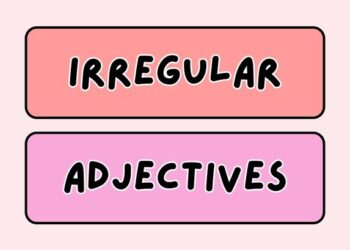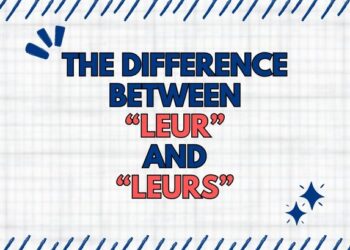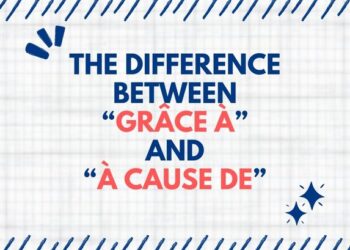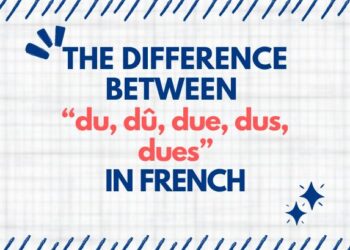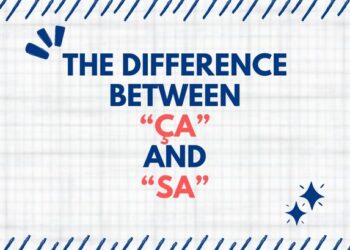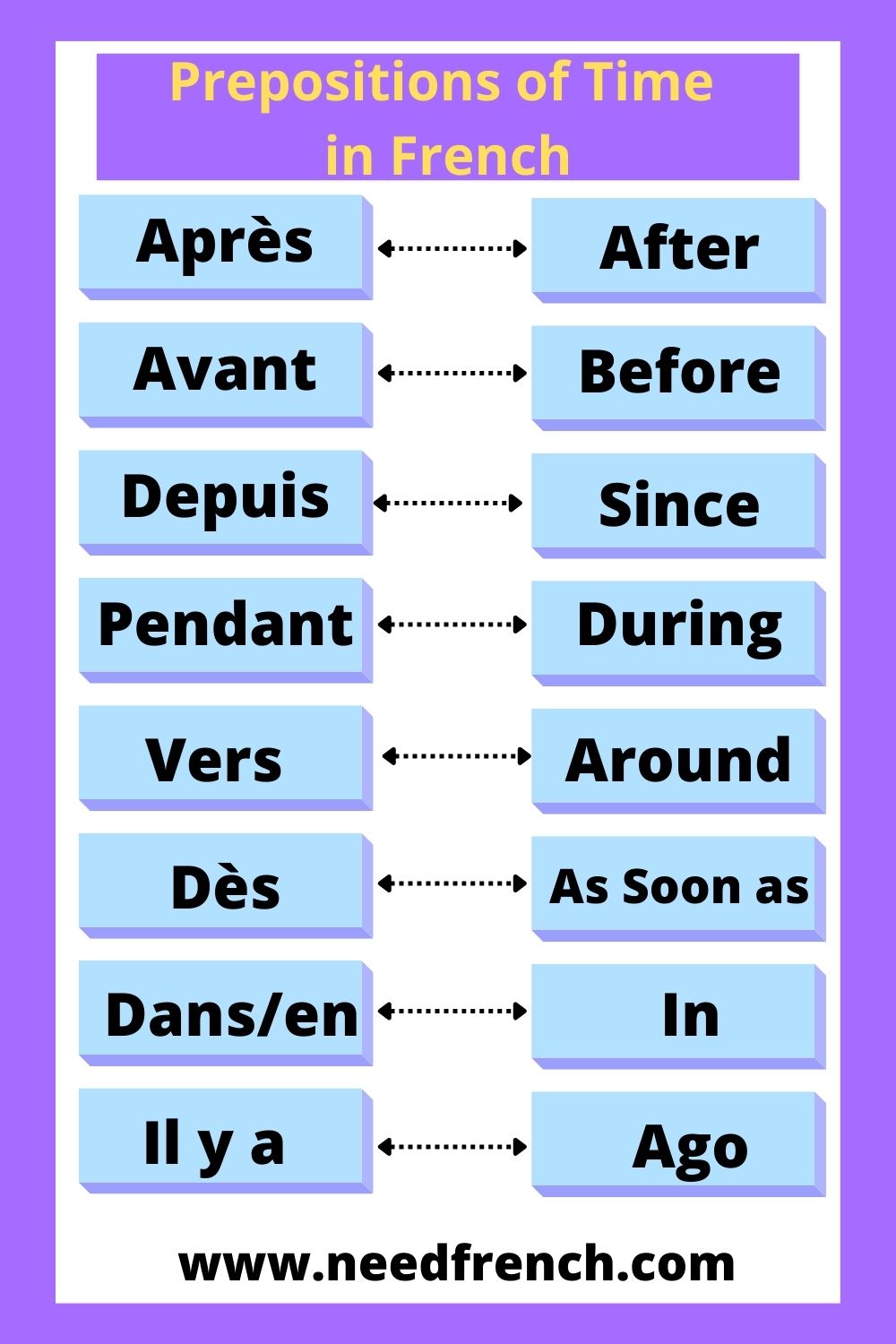Today, we’ll tackle the quartet of “la,” “là,” “l’a,” and “l’as,” words that can easily trip up even seasoned learners. Let’s delve into their unique roles and empower you to use them with confidence!
Table of Contents
ToggleLa
- Function: Definite article, feminine singular:
- La maison est rouge. (The house is red.)
- J’aime la musique. (I love music.)
- Il parle à la femme. (He speaks to the woman.)
- Formality: Can be used in both formal and informal settings.
Là
- Function:
- Adverb of place:
- Il est là-bas. (He is over there.)
- Le livre est là, sur la table. (The book is there, on the table.)
- Pronoun referring to a previously mentioned place:
- On va là où tu m’as parlé. (We’ll go where you told me.)
- Adverb of place:
- Formality: Can be used in both formal and informal settings.
L'a
- Function: Contraction of “le” and “a”:
- Il l’a vu hier. (He saw him/her yesterday.)
- Elle l’a fait elle-même. (She did it herself.)
- Tu l’as oublié ? (Have you forgotten it?)
- Formality: Can be used in both formal and informal settings.
L'as
- Function: Contraction of “le” and “as”:
- Tu l’as ? (Do you have it?)
- Je ne l’as pas vu. (I haven’t seen it.)
- Il l’as dit ? (Did he say it?)
- Formality: Can be used in both formal and informal settings.
Key Differences
| Feature | La | Là | L’a | L’as |
|---|---|---|---|---|
| Word type | Definite article | Adverb/Pronoun | Contraction | Contraction |
| Function | Indicates a specific feminine singular noun | Indicates location/refers to a place | Direct object pronoun (masculine singular) | Direct object pronoun + avoir (masculine singular) |
| Example | La voiture est bleue. | Je vais là-bas. | Il l’a aidé. | Tu l’as ? |
| Formality | Varies | Varies | Varies | Varies |
Tips for Choosing the Right Word
- Consider the context. What is the word referring to? A specific object, a location, or something else?
- Pay attention to grammar. “La” modifies nouns, “là” modifies verbs or functions as a pronoun, and “l’a” and “l’as” are used as object pronouns.
- Think about the meaning you want to convey. Do you want to indicate a specific feminine noun, a location, or express possession with the verb “avoir”?
Practice Makes Perfect!
Time to test your knowledge!
By mastering these four words, you’ll unlock a new level of precision and clarity in your French communication. So, go forth, embrace their unique identities, and write and speak with confidence!
